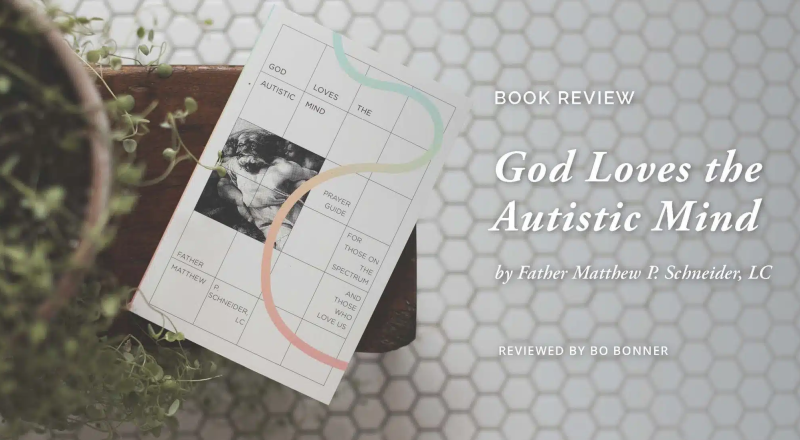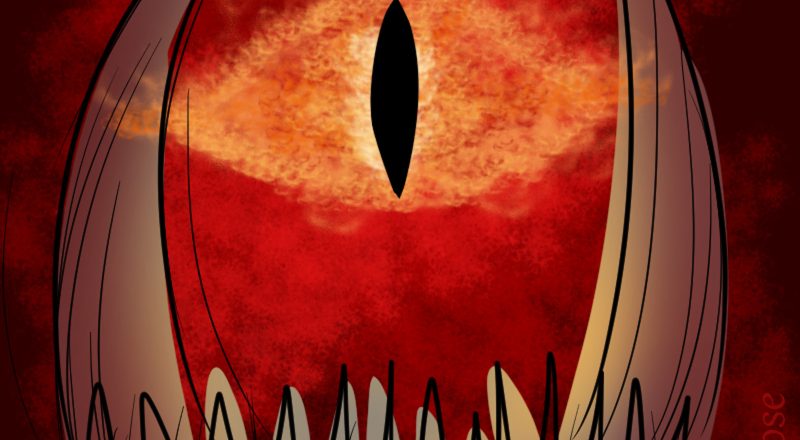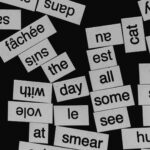I recently wrote a piece on confession for autistics. I want to help both the individual autistic confess well and the priest to hear the confession well. My piece on the topic was recently published on Aleteia:

[Autistics] make up 1.5% to 2% of the population. I’m one of that group.
As awareness of autism grows, more pastoral sensitivity to our particular needs also is developing … even if slowly.
It is too rare we see information on how we [autistics] should go about preparing and making our Confession, or how priests should hear our Confessions. We are not too radically different, but a few accommodations or adaptations can help us immensely in this sacrament.
Since I’ve gone public about being autistic, I’ve gotten a number of questions from both [autistics] and priests, about dealing with certain autism-specific situations in the confessional. I hope to provide a few quick pointers below for both sides of the screen.
The basic issue with autism is that our brains are wired differently from 98% of the population. In some things, this is advantageous: We often are great at long-term memory, detail oriented work, or logic. However, it creates some difficulties. Much of the wiring issue is a lack of certain connections.
You can read the rest there. The original includes puzzle-pieces in the cover image and “people with autism,” which I know some autistic readers may not appreciate. Both are the editors’ choice, not mine. When I got their first edits, I even asked them to return to fully identity-first language, rather than mix it with person-first as the final version has. Others, if you are reading this, please realize that a significant majority of autistics prefer to be called “autistics,” and the charitable thing to do is to respect such language.










Dear Fr Matthew,
I just got a copy of your book and am loving it. I have a daughter, Mary Anne, aged 28 years is has ASD. I discovered it only lately. In the past she was diagnoised as ADHD, speech disorder, executive disfunction but never ASD. The fact is that despite some awkwardness in social interaction, she’s done ok in school, she now works at the front desk of a hotel in Singapore. A recent physcologist finished confirmed it. I am not sure if it is too late to try to correct some of her tendencies, the worst is her poor eating habits which has caused her to double her weight. also she has obsessions. To cut a long story short, she has stopped going to mass until recently and not been to confession or received the eucharist in more than a year. she only works and sleeps. no other interest, low energy. I’m worried. I pray alot, try to speak to her to make better choices to no avail. My request: (1) Please keep her in your prayers especially in your mass (2) what can I do to motivate her to pray? (3) how do I even start to pray with her if she refuses? (4)what can I do to persuade her to go to confession so she can receive the eucharist. Thanks in advance, Jacqueline
I think a lot of 2 through 4 are simillar in finding what resonates with her in the faith & giving her positive role models. I think I have said much of the rest in the book.